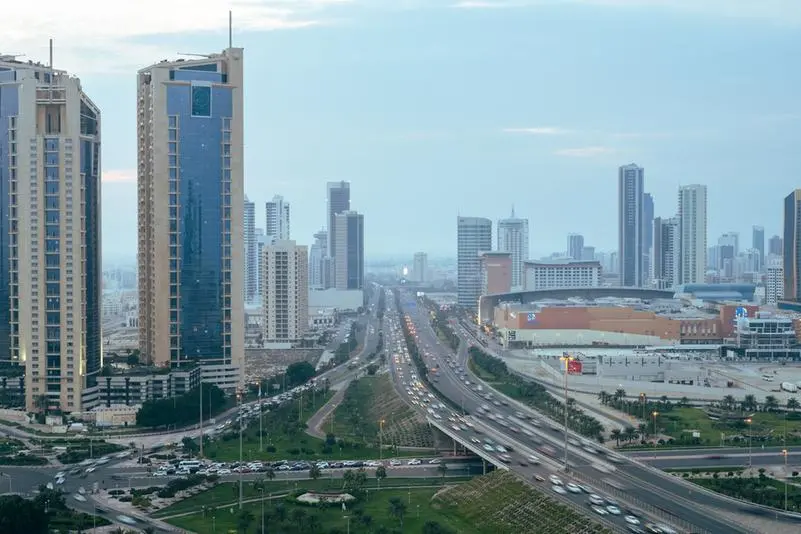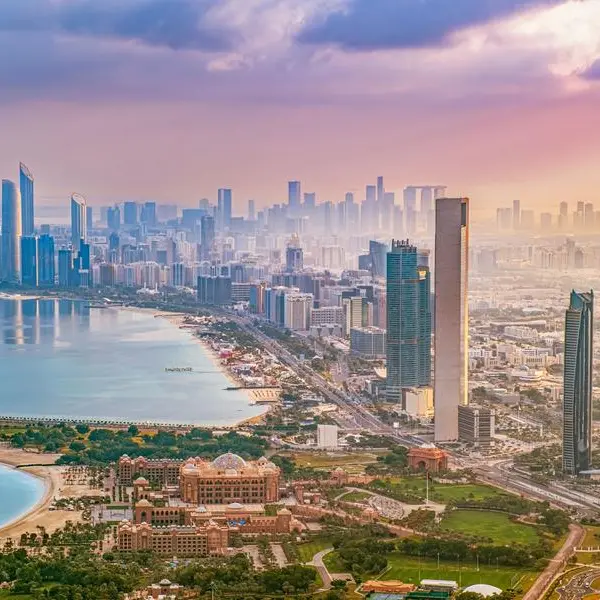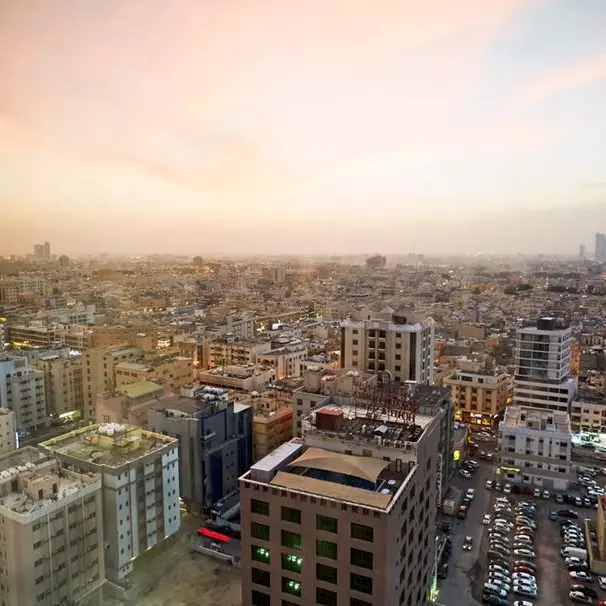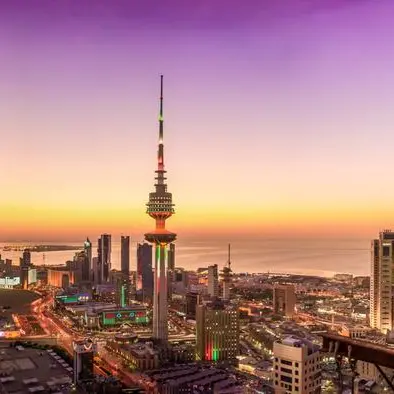PHOTO
Global ratings agency S&P Global downgraded Bahrain's outlook to "negative" from "stable" on Wednesday, citing ongoing market volatility and weaker financing conditions that could increase the government's interest burden.
Lower oil prices, maintenance at the Abu Sa'fah oil field, market volatility affecting funding costs, and higher social spending are expected to keep fiscal deficits elevated.
The agency noted that fiscal reform measures might not be sufficient to reduce the debt-to-GDP ratio, while Bahrain's foreign currency reserve position remains weak.
Bahrain's non-oil revenue measures, including the introduction of value-added tax in 2019, which was doubled to 10% in 2022, have been offset by rising social spending and interest costs, with the economy still highly dependent on oil prices.
Bahrain in 2018 received a $10 billion aid package over five years from Saudi Arabia, Kuwait and the United Arab Emirates to help it avoid a credit crunch in a deal tied to fiscal reform.
Bahrain lacks the ample oil and financial resources of its neighbours, and its state finances are among the weakest in the region. But its Gulf Arab allies have provided political and economic support to maintain its stability over the years due to its importance in countering Iranian influence in the region.
S&P projects the fiscal deficit will widen to about 7% of the country's GDP in 2025, compared with 5.2% in 2024 and 4.9% in its previous review.
Bahrain's long- and short-term foreign currency sovereign credit ratings were affirmed at "B+/B."
(Reporting by Aatrayee Chatterjee in Bengaluru; Editing by Alan Barona and Bernadette Baum)





















